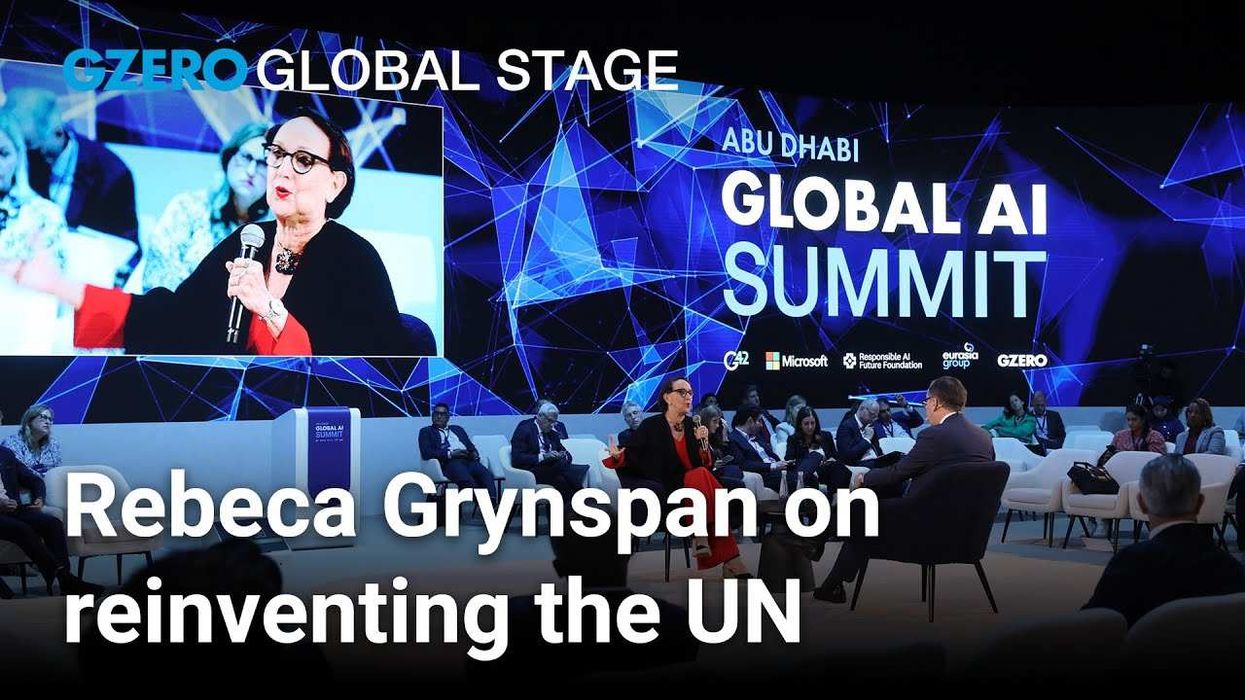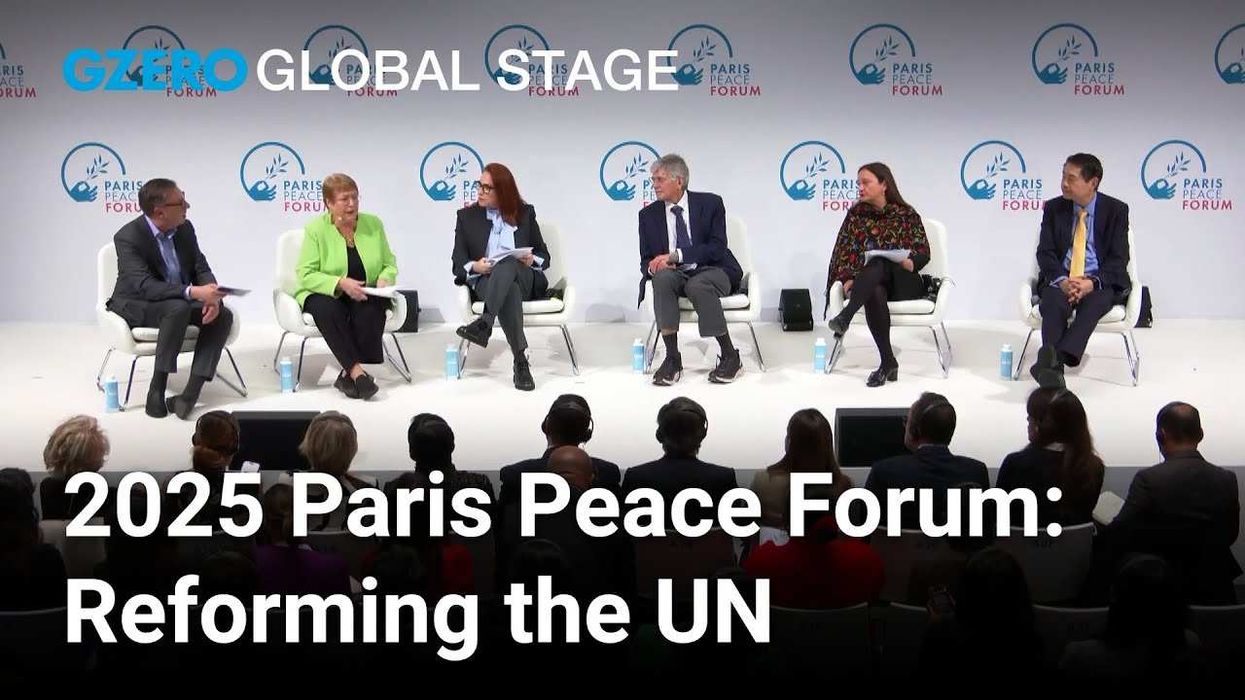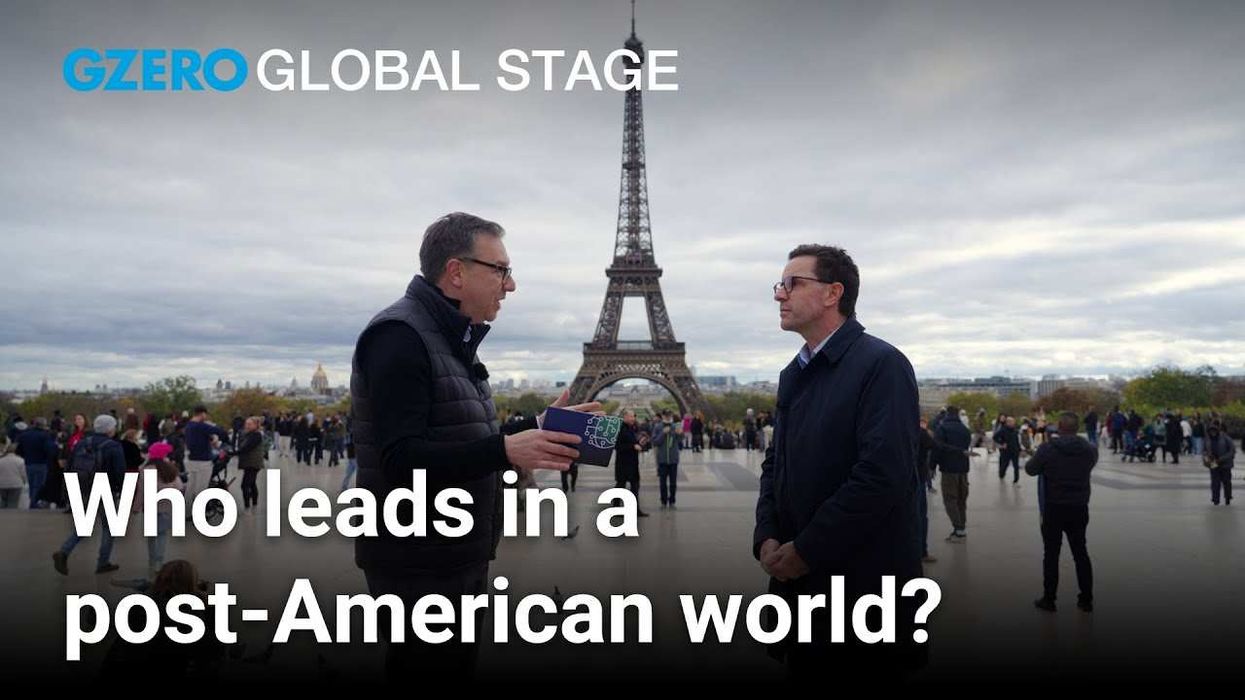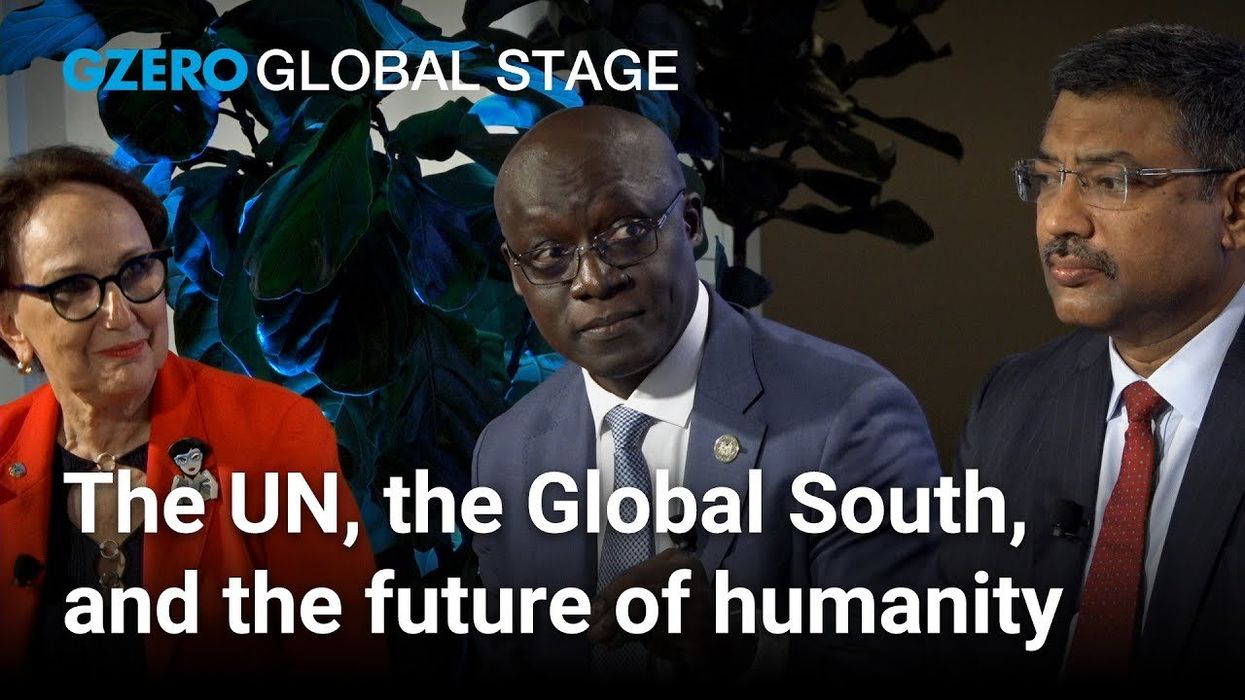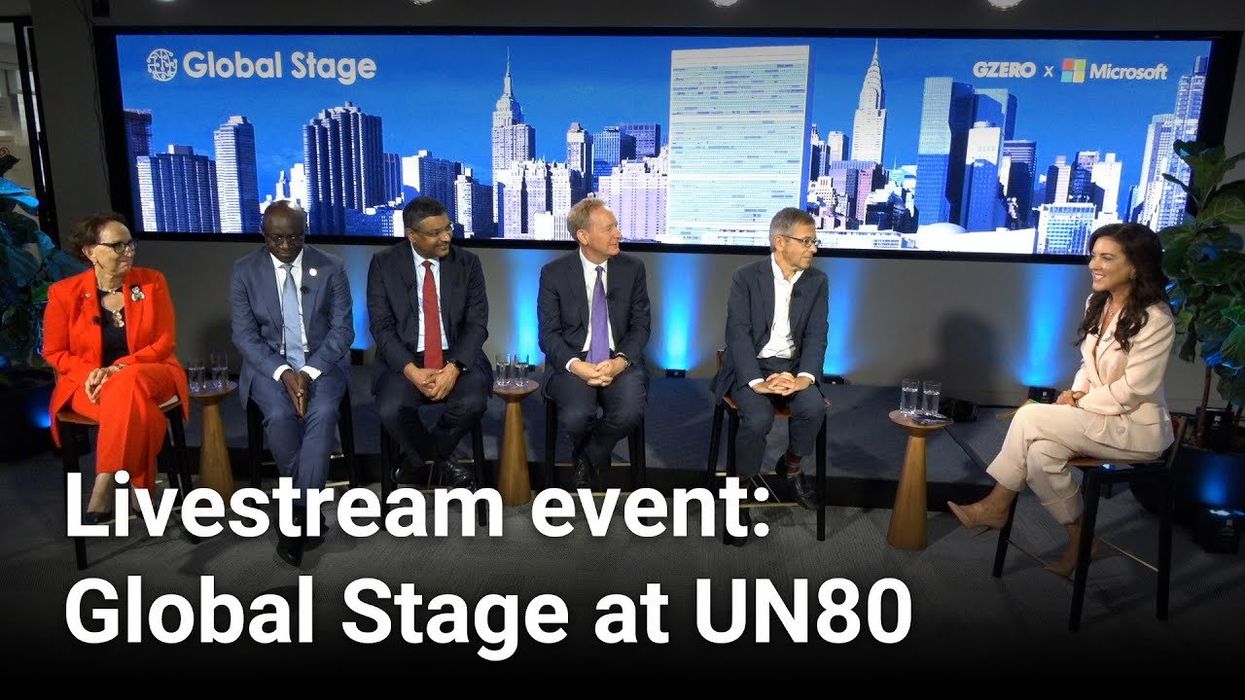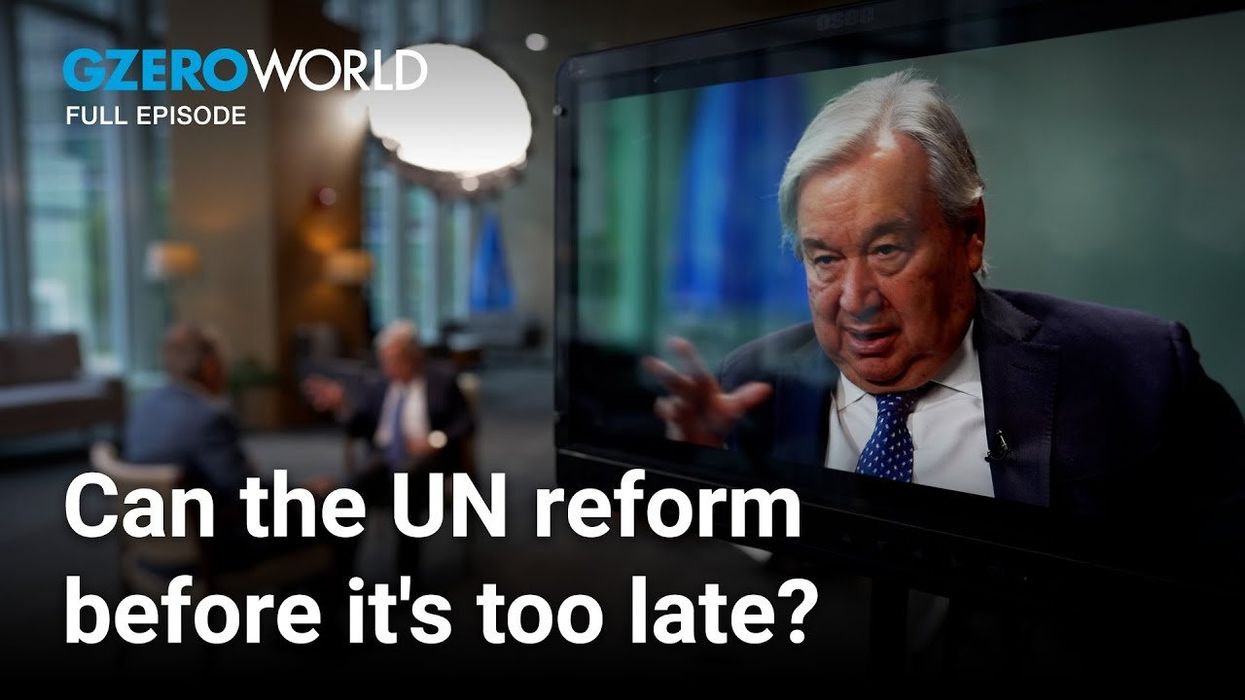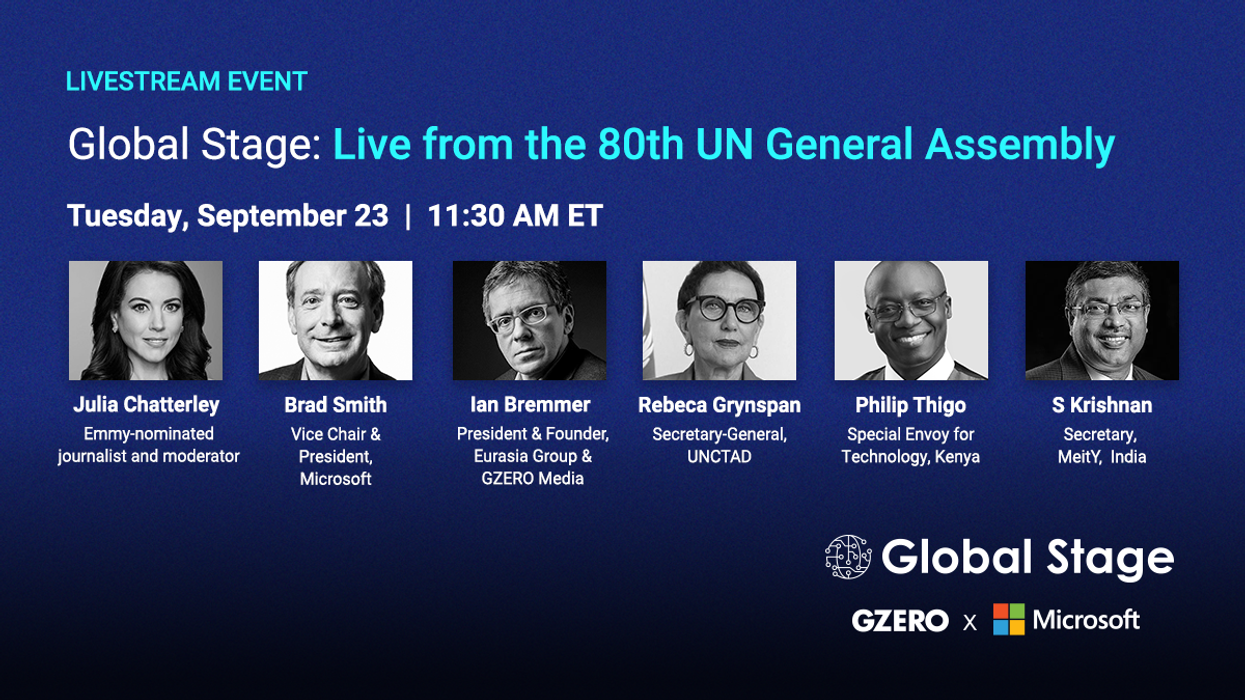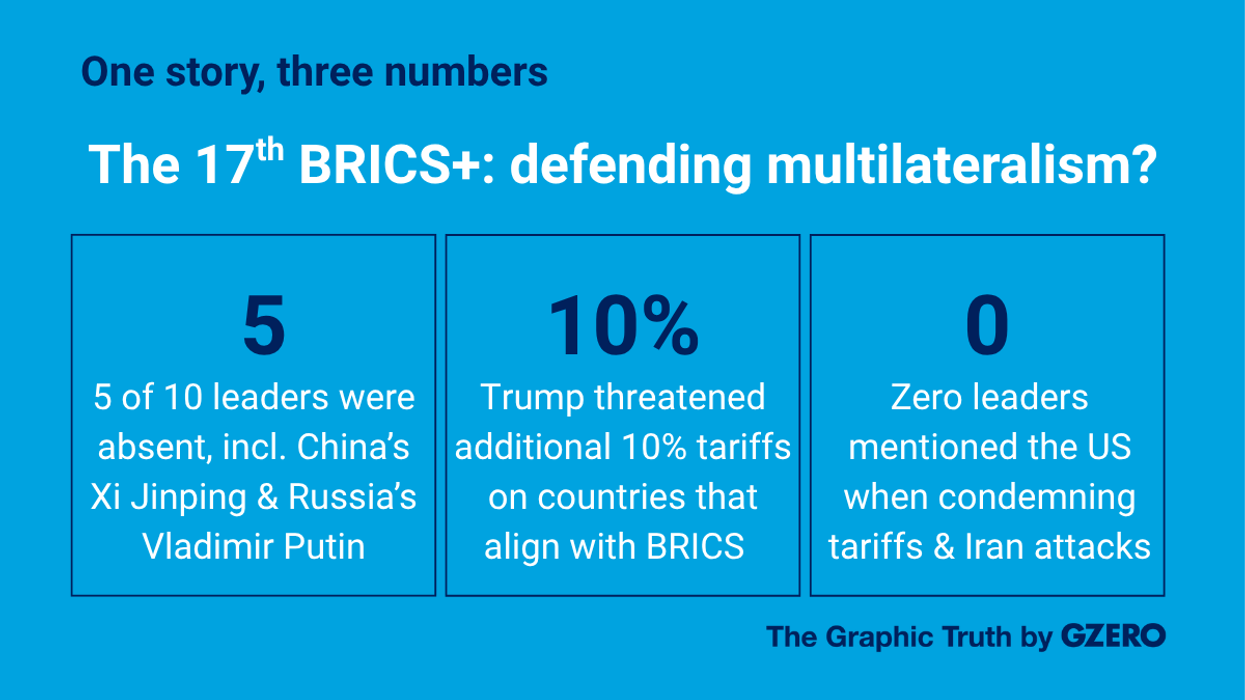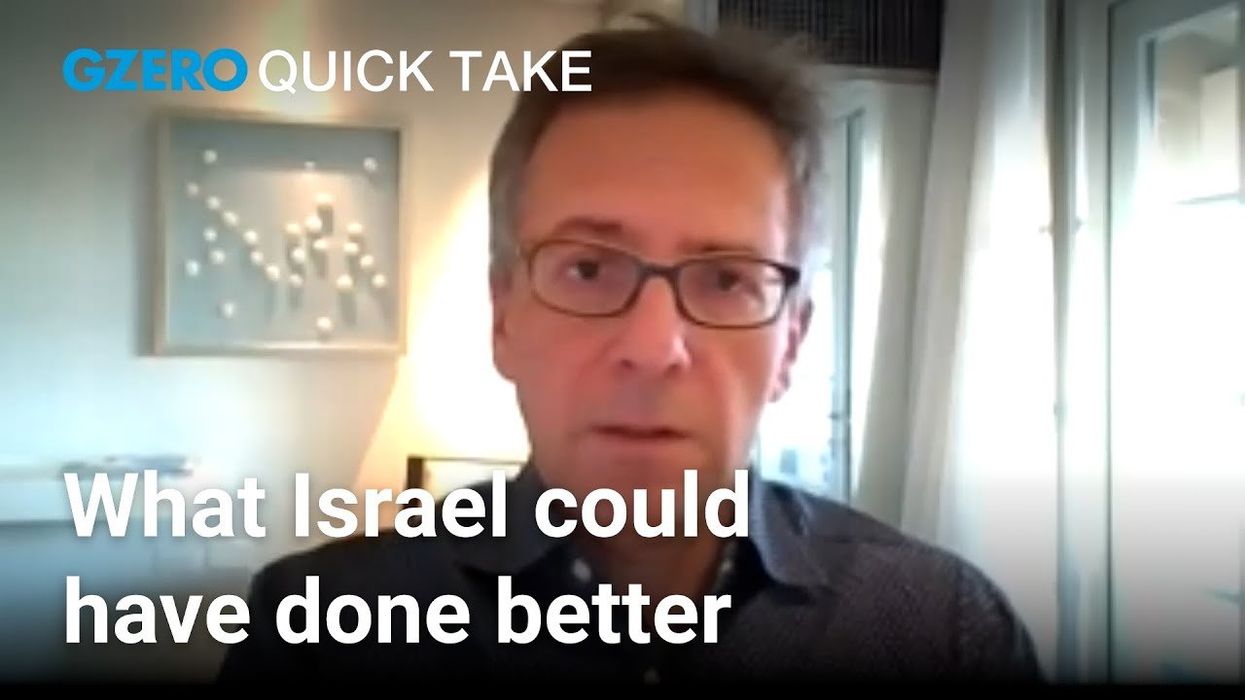Abu Dhabi Global AI Summit
Rebeca Grynspan on reforming the UN for a new era
As the United Nations marks its 80th anniversary, UNCTAD Secretary-General Rebeca Grynspan argues that reform must begin with recognizing how much the world has changed since 1945.
Nov 07, 2025
